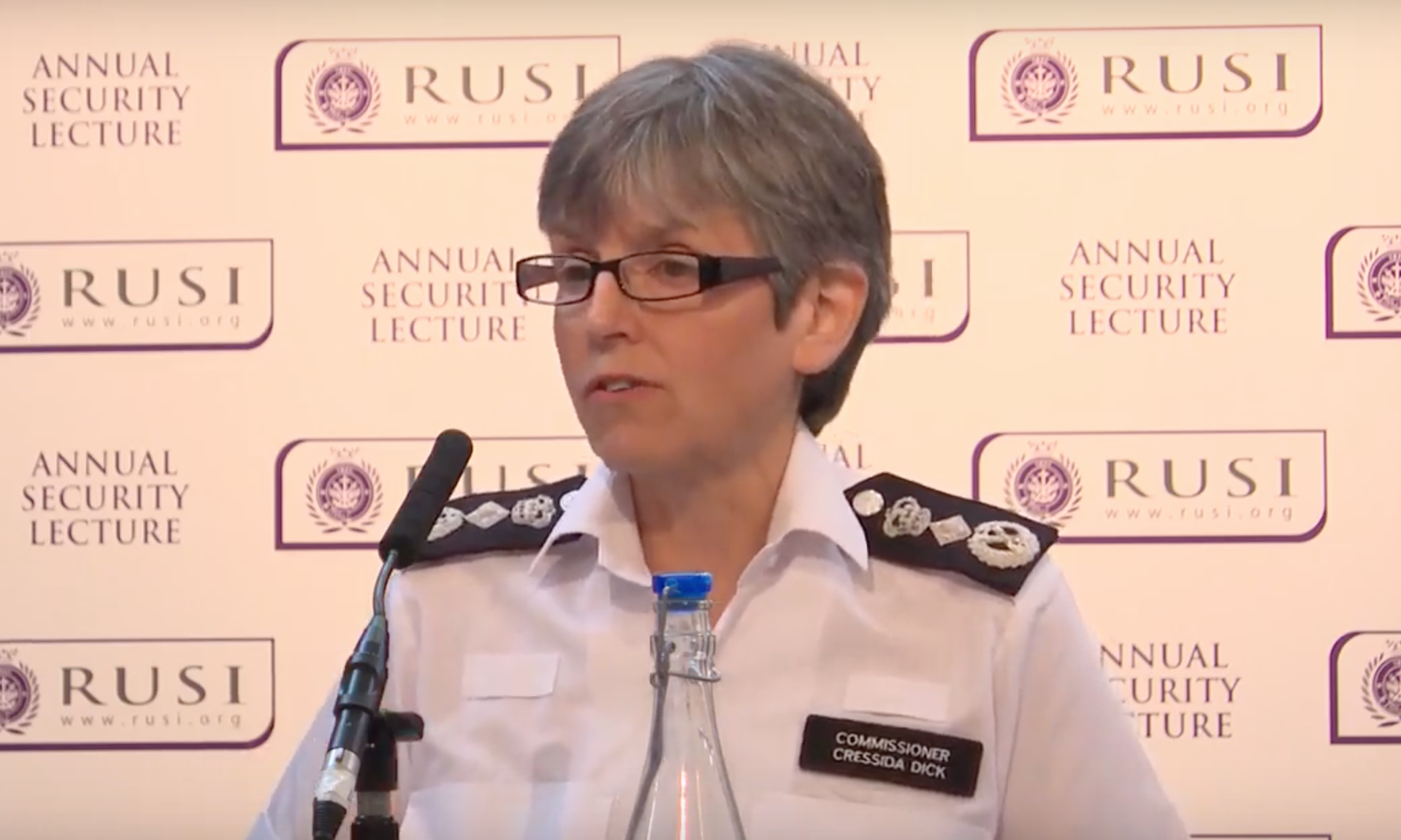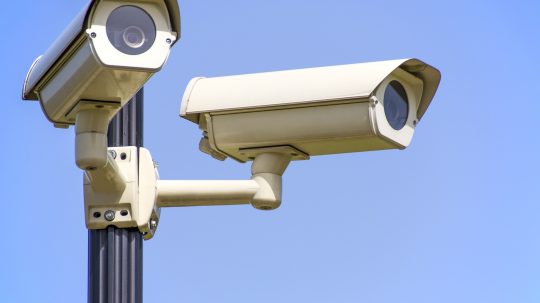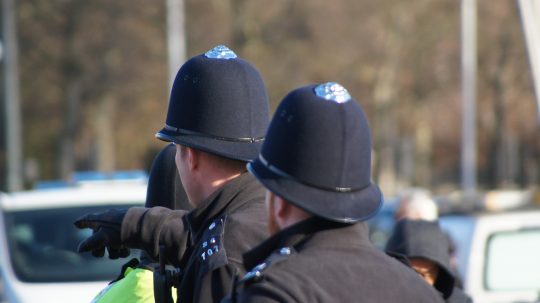Dame Cressida Dick has been accused of making “misleading and dangerous” remarks about the police’s use of controversial live facial recognition (LFR) technology.
The Met Commissioner downplayed privacy concerns around LFR during in a speech on at the Royal United Services Institute on Monday (24 February).
It comes after the Met announced last month it would roll out the technology across London – a move human rights groups described as a “breath-taking assault on our rights”.
Dick said that only criminals would benefit from police not using LFR in a proportionate way and that the “loudest voices in the debate seem to be the critics – sometimes highly inaccurate or ill-informed”.
She added: “In an age of Twitter and Instagram and Facebook, concern about my image and that of my fellow law-abiding citizens passing through live facial recognition and not being stored feels much, much smaller than the public’s vital expectation to be kept safe from a knife through the chest.”
“If, as seems likely, algorithms can assist in identifying patterns of behaviour by those under authorised surveillance … that indicate … a terrorist attack [or] a potential serial rapist or killer … then I think almost all citizens would want us to use it.”
Hannah Couchman, advocacy and policy officer at human rights group Liberty, said the Commissioner’s comments are “misleading and dangerous”.
“This kind of oppressive mass surveillance technology undermines our safety by handing extraordinary power to the state to control our movements and behaviour,” she tweeted.
“Opponents of #facialrecognition are fully informed of how this tech is being used – we’ve read all the documents the Met have released [and] they only add to our concerns.”
The charity has said the documents in question indicate that anyone can be included on a police watchlist – not only those suspected of wrongdoing.
“But even if you’re not on a watch list, [your] deeply personal data is still being snatched,” she said.
“This clearly undermines our privacy. But it also threatens our other freedoms – to choose where we go and who we go with. This kind of unwarranted tracking and monitoring changes the way we live our lives when it’s used at protests, in our stations, shopping centres and high streets.”
Article 8 of the Convention of Human Rights protects the right to privacy.
It is a qualified right, which means that public authorities can interfere in it for a number of specific reasons, including the prevention of crime and disorder.
However, any interference must be proportionate and strictly necessary.



